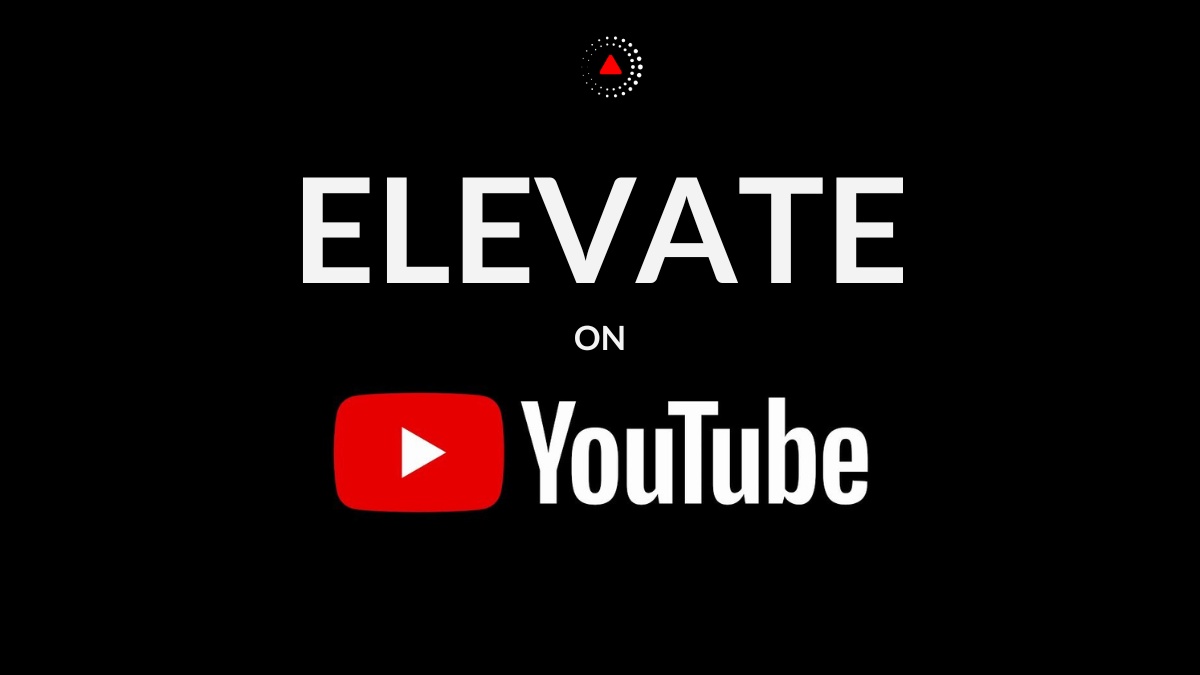In this world, shipmates, sin that pays its way can travel freely and without a passport; whereas Virtue, if a pauper, is stopped at all frontiers.
What's the meaning of this quote?
Quote Meaning: This quote delves into the intricate dynamics between virtue and sin within the complex fabric of our world. The analogy of a voyage, with sin depicted as a well-funded traveler and virtue as an impoverished one, vividly captures the paradoxical nature of societal acceptance and the challenges faced by those embodying moral excellence.
The notion that "sin that pays its way can travel freely and without a passport" underscores a societal inclination to overlook transgressions when they come with material gain. This implies a certain leniency towards immoral actions if they bring tangible benefits, be it wealth, power, or influence. It speaks to a world where the moral compass can be swayed by the allure of material success, creating an environment where wrongdoing is not just tolerated but sometimes even rewarded.
Conversely, the quote highlights the harsh reality that virtue, depicted as a pauper, encounters obstacles and impediments at every turn. The metaphorical "frontiers" symbolize societal barriers that hinder the progress of those individuals who adhere to ethical principles, suggesting that the pursuit of goodness is met with resistance. This portrayal raises questions about the true value placed on virtue in a world often driven by more tangible and immediate rewards.
The dichotomy between sin and virtue in this quote also prompts reflection on the nature of morality and the criteria society employs to judge ethical standing. It suggests a certain hypocrisy, where the outward appearance of success or prosperity can overshadow the underlying ethical character of an individual. The quote invites contemplation on the standards by which we measure virtue and the potential biases that may favor those who, despite their moral shortcomings, possess the means to navigate the complexities of societal acceptance.
Ultimately, the quote serves as a poignant commentary on the challenges faced by those who choose the path of virtue in a world where the scales of justice can tip in favor of those who wield the currency of sin. It prompts us to examine our collective values, question the criteria by which we judge individuals, and consider the societal structures that either facilitate or hinder the pursuit of moral excellence.
Who said the quote?
The quote "In this world, shipmates, sin that pays its way can travel freely and without a passport; whereas Virtue, if a pauper, is stopped at all frontiers." is often attributed to Herman Melville (Quotes). Herman Melville authored "Moby-Dick," a timeless exploration of obsession and the human condition.
Chief Editor
 Tal Gur is an author, founder, and impact-driven entrepreneur at heart. After trading his daily grind for a life of his own daring design, he spent a decade pursuing 100 major life goals around the globe. His journey and most recent book, The Art of Fully Living, has led him to found Elevate Society.
Tal Gur is an author, founder, and impact-driven entrepreneur at heart. After trading his daily grind for a life of his own daring design, he spent a decade pursuing 100 major life goals around the globe. His journey and most recent book, The Art of Fully Living, has led him to found Elevate Society.

























